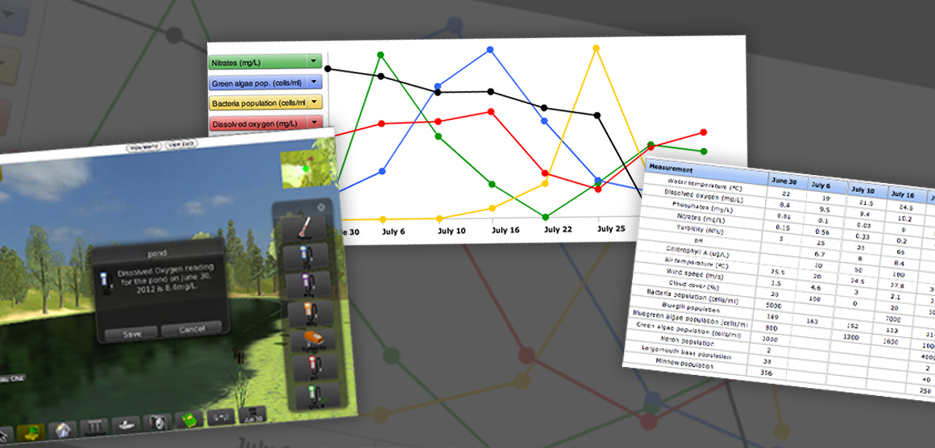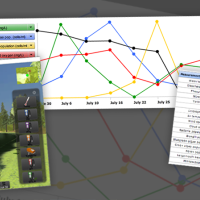

EcoXPT
Going beyond observational inquiry to explore the diverse investigative strategies practiced in the field of ecosystems science
IN:
Science Learning
Understanding how ecosystems work is important for citizens in making decisions and for students who aspire to become scientists. It requires understanding of complex causality, possible unintended consequences, and the strengths and limitations of various investigative approaches. Ecosystem concepts are difficult to learn and to teach due to the amount of information, many interacting components, and non-linear patterns involved. They are particularly difficult to teach in classrooms because ecosystems involve complexities such as large-scale problems, populations of organisms, and change over extended time frames. Learning when and how ecosystem scientists employ different approaches can help learners understand the content and process of science, yet it remains challenging to meaningfully teach these concepts in schools. EcoXPT builds upon earlier work with EcoMUVE, but goes beyond observational inquiry to explore the diverse investigative strategies practiced in the field of ecosystems science, through adding tools modeled on modern approaches and integrated with iterative cycles of experimentation, reflection, and revision.
The EcoXPT project has been supported by the National Science Foundation (grant # DRL1639545 to Chris Dede, Tina Grotzer, and Karen Brennan; DRL1416781 to Tina Grotzer and Chris Dede; and DrK121118530 to Chris Dede and Tina Grotzer). All opinions, findings, conclusions or recommendations expressed are those of the authors and do not necessarily reflect the views of the National Science Foundation or the Institute for Ecosystem Studies.


-
-
-
-
-
-
Support PZ's Reach